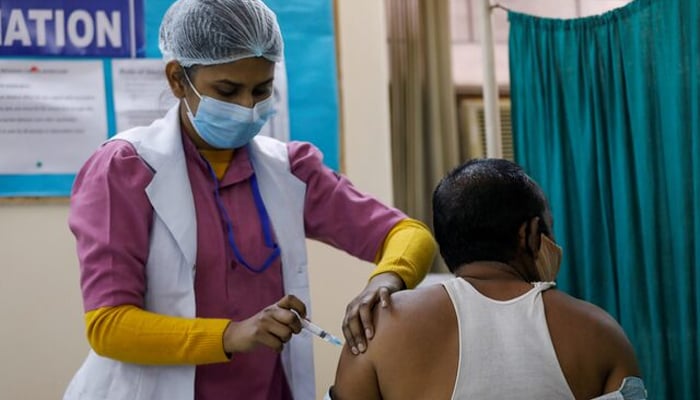

More than half of South Sudan’s population will be acutely food insecure through next year’s lean season starting April, according to the latest Integrated Food Security Phase Classification (IPC) report released Monday.
The reports data shows 57% of the population will be acutely food insecure, with South Sudanese citizens fleeing the conflict in neighboring Sudan and young children expected to face some of the highest levels of hunger and malnutrition.
Mary-Ellen McGroarty, country director and representative for the United Nations World Food Programme (WFP) in South Sudan, said conflict and climate crises are some of the main drivers of hunger in the world’s youngest nation.
“To reach zero hunger in South Sudan, it’s vital that the root causes of hunger are addressed; communities need peace, they need stability, and they need opportunities to build or rebuild livelihoods and help them withstand future shocks.” McGroarty said in a joint statement issued by WFP, Food and Agriculture Organization (FAO) and the United Nations Children’s Fund (UNICEF).
The UN Office for the Coordination of Humanitarian Affairs (OCHA) said this month that about 1.4 million people are affected by flooding in more than counties of the country.
Many communities across South Sudan are expected to struggle with hunger following prolonged dry spells, the ongoing flooding, and continued conflict.
Children at risk of malnutrition
The statement said almost 2.1 million children are at risk of malnutrition, up from 1.65 million.
‘‘Children are returning to nutrition centres multiple times throughout the year as they continue to suffer from poor access to safe drinking water and sanitation. Illness is a major contributing factor to their malnutrition,’’ it said.
UNICEF’s representative in South Sudan, Hamida Lasseko, said they are deeply concerned that the number of children and mothers at risk of malnutrition will continue to increase unless efforts to prevent malnutrition by addressing its root causes are scaled up, alongside the provision of immediate nutrition support to treat malnutrition among children who are at higher risk of death.











